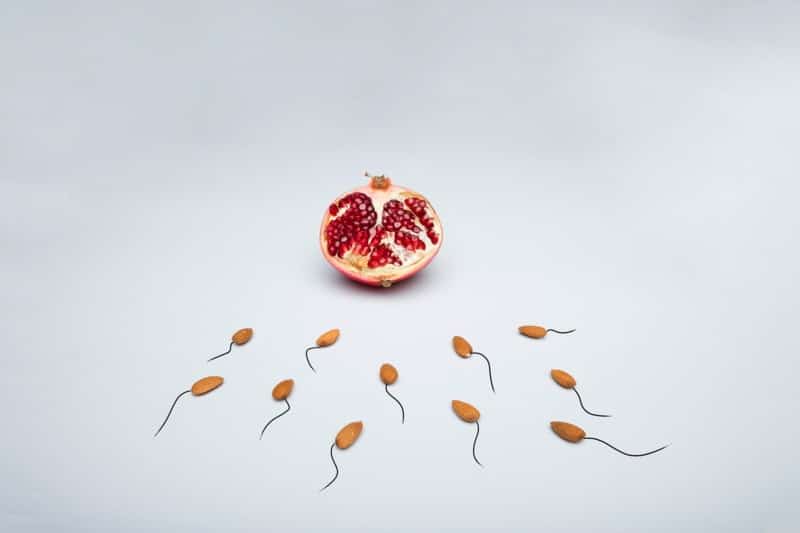
This article focuses on female sterilization (tubal ligation).
Sterilization is a permanent form of birth control that is irreversible. Female sterilization involves laparoscopic (key-hole) tubal ligation as a day surgery under general anaesthesia, where the fallopian tubes are clipped or tied off to prevent the egg from meeting the sperm. It can also be performed at the time of C-section. Ligation does not affect sex or your periods.
Male sterilization involves a vasectomy as a day surgery under either local or general anaesthesia, where the vas deferens are clipped or tied off to prevent sperm from being released into the semen.
Common (affecting 1-5% of patients):
Uncommon (affecting 0.1-1% of patients):
Rare (affecting <0.1% of patients):
You may consider long-acting reversible contraception options e.g. IUD or contraceptive implant (implanon), which last between 3-5 years.
Although reversal of tubal ligation is possible, it is technically challenging and success rates are low, with an increased risk of ectopic pregnancies and the tubes becoming blocked again after reversal surgery. It is important to be sure of your decision before going for a tubal ligation – speak to your gynaecologist for further advice.